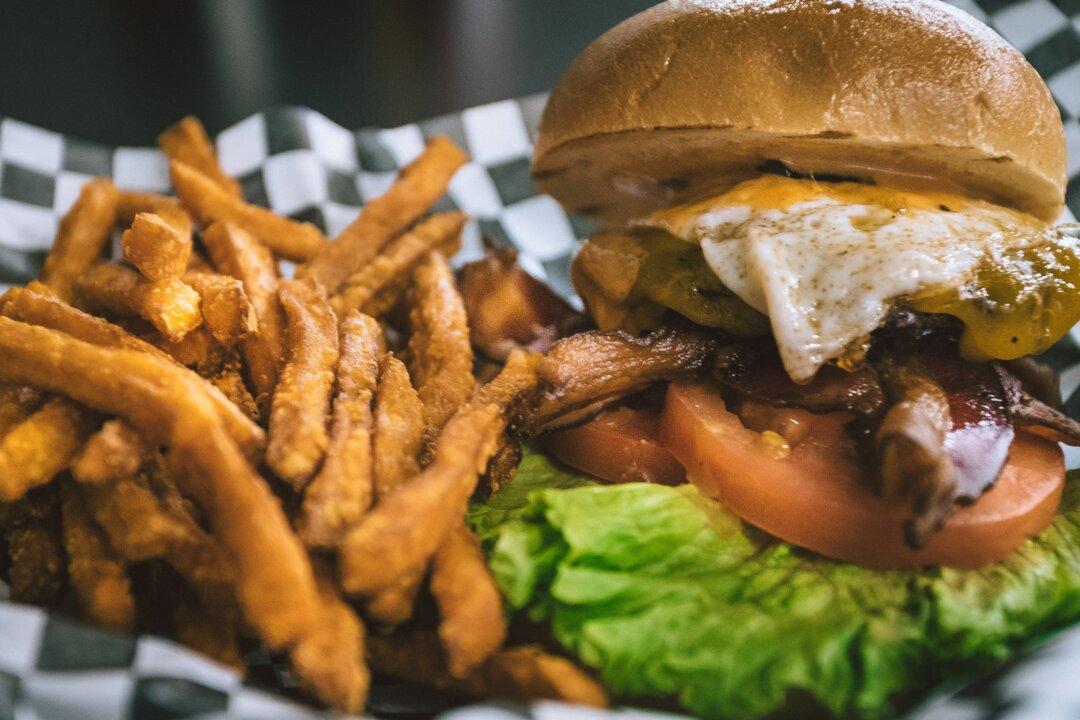Eating healthy and losing weight seems downright impossible for many people.
Food Addiction: A Serious Problem With a Simple Solution
It's a neurochemical twin to drug addiction that can be dealt with swiftly

Taylor Harding/Unsplash
|Updated:

Eating healthy and losing weight seems downright impossible for many people.